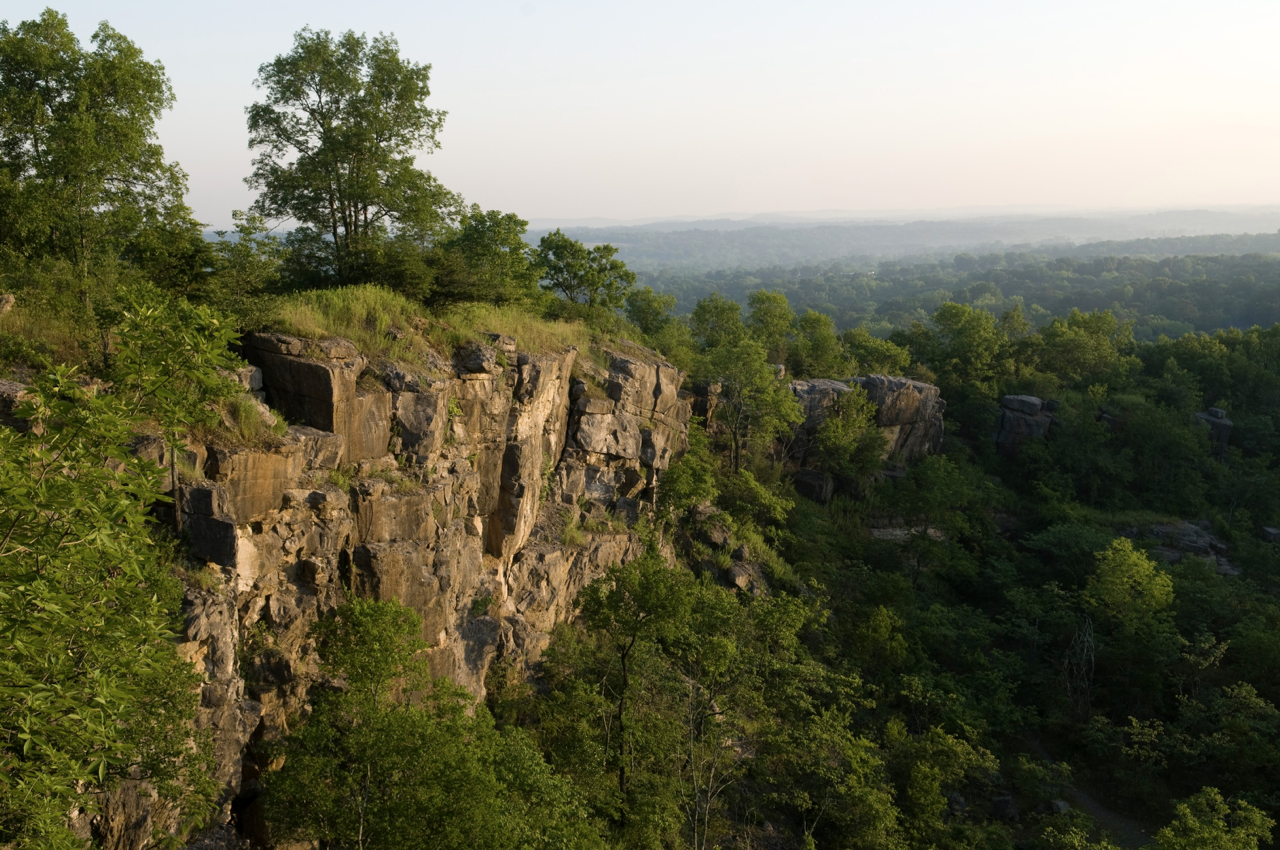Ecology: the totality or pattern of relations between organisms and their environment.
PRECURSORS
The natural world, with its rhythms, structures, laws, and phenomena, has probably been studied and pondered as long as humans have been able to observe it, which is quite some time. But as far as we know, the Greeks were the first civilization to intentionally observe and record their findings of the natural world. In the natural histories of Theophrastus (an associate of Aristotle), we find the first whispers of the discipline later to be called ecology.
The word "ecology" was first used in 1866, by the German biologist and well-known Darwinist Ernst Haeckel. According to Haeckel, "Ecology is the study of all those complex interactions referred to by Darwin as the conditions of the struggle for existence." Actually, ecology got its name from the ancient Greek word, oikos, roughly translated as "dwelling," or "estate,” and which refers to three interrelated concepts: the family, the house, and the property on which they’re built.
Through the 1880's and 1890's, ecology would continue to gain prominence in the scientific community, eventually developing into a legitimate field of study at the confluence of oceanography, limnology, biology, and zoology. Begun in the lab, it would soon shift toward field study as its primary method for gathering new data in the 20th century.
THE FOUNDATIONS OF MODERN ECOLOGY
Charles Elton wrote the first book on animal ecology in 1927 and provided organizing ideas that served to integrate population and community ecology and remain as key concepts. These were:
Food chain or cycle (later called food web or trophic structure): The sequence by which nutrients and energy passed from plants to herbivores to predators then to various forms of decomposers and back to the inorganic environment.
Niche: Each species has adaptations that fit it to a particular status in a community.
Pyramid of numbers: More small animals are required to support fewer large organisms in a food chain because some nutrients and energy are lost from the food chain.
*See Glossary for additional key concepts.
ECOLOGY TODAY
The lineage of great minds leading to the ecology of today is, much like the complex web of an ecosystem, a rich and storied tapestry created through competition, exchange, and gradual transformation. Multiple subfields of ecology have emerged since its advent in the early 20th century, including applied ecology, behavioral ecology, chemical ecology, community ecology, conservation ecology, deep ecology, ecophysiology, ecotoxicology, evolutionary ecology, fire ecology, forest ecology, functional ecology, intertidal ecology, landscape ecology, macroecology, marine ecology, microbial ecology, molecular ecology, paleoecology, population ecology, quantitative ecology, restoration ecology, soil ecology, spatial ecology, sympagic ecology, systems ecology, and urban ecology. One of the more radical, if not the most radical, of these subfields is deep ecology, which promotes the worth of all living beings regardless of their human utility. As a result, deep ecology calls for a thorough restructuring of human societies toward a more compassionate and sustainable relationship with other forms of life.
WHY STUDY ECOLOGY?
The study of ecology means the study of all living creatures, including homo sapiens or humans (us!). This means that every advance, every new groundbreaking discovery made, amounts to a safer, more livable world for all of us today, and for future generations. Just think of the air you breathe every day, the water you drink and bathe in, the food you eat, or the trees, plants, and animals you might see and appreciate. Each of them are protected and preserved by people like you and me who study ecology and change the world for the better because of it. Other issues currently being addressed in the field of ecology are lyme disease, devastating forest fires, the loss of fish populations, the endangerment and possible extinction of wildlife species, the reduction of invasive plant species, and many more. Finally, every ecological victory we win increases the overall biodiversity of the planet, and that means a healthier, more diverse, and thriving planet earth (people included).
KEY HISTORICAL FIGURES
Antonie van Leeuwenhoek, 1632–1723: First to develop concept of food chains.
Carl Linnaeus, 1707–1778: Influential naturalist, inventor of science on the economy of nature.
Alexander Humboldt, 1769–1859: First to describe ecological gradient of latitudinal biodiversity increase toward the tropics in 1807.
Charles Darwin, 1809–1882: Founder of the hypothesis of evolution by means of natural selection, founder of ecological studies of soils.
Elizabeth Catherine Thomas Carne, 1817-1873: Geologist, mineralogist and philosopher who observed rural vs urban living, spatially and culturally, finding in country living the best attack on suffocating class divides, healthier living, and best access to natural education.
Herbert Spencer, 1820–1903: Early founder of social ecology, coined the phrase 'survival of the fittest.
Karl Möbius, 1825–1908: First to develop concept of ecological community, biocenosis, or living community.
Ernst Haeckel, 1834–1919: Invented the term ecology, popularized research links between ecology and evolution.
Victor Hensen, 1835–1924: Invented term plankton, developed quantitative and statistical measures of productivity in the seas.
Eugenius Warming, 1841–1924: Early founder of Ecological Plant Geography.
Ellen Swallow Richards, 1842–1911: Pioneer and educator who linked urban ecology to human health.
Stephen Forbes, 1844–1930: Early founder of entomology and ecological concepts in 1887.
Vito Volterra, 1860–1940: Independently pioneered mathematical populations models around the same time as Alfred J. Lotka.
Vladimir Vernadsky, 1869–1939: Founded the biosphere concept.
Henry C. Cowles, 1869–1939: Pioneering studies and conceptual development in studies of ecological succession.
Jan Christiaan Smuts, 1870–1950: Coined the term holism in a 1926 book Holism and Evolution.
Arthur G. Tansley, 1871–1955: First to coin the term ecosystem in 1936 and notable researcher.
Charles Christopher Adams, 1873–1955: Animal ecologist, biogeographer, author of first American book on animal ecology in 1913, founded ecological energetics.
Friedrich Ratzel, 1844–1904: German geographer who first coined the term biogeography in 1891.
Frederic Clements, 1874–1945: Authored the first influential American ecology book in 1905.
Victor Ernest Shelford, 1877–1968: Founded physiological ecology, pioneered food-web and biome concepts, founded The Nature Conservancy.
Alfred J. Lotka, 1880–1949: First to pioneer mathematical populations models explaining trophic (predator-prey) interactions using logistic equation.
Henry Gleason, 1882–1975: Early ecology pioneer, quantitative theorist, author, and founder of the individualistic concept of ecology.
Charles S. Elton, 1900–1991: "Father" of animal ecology, pioneered food-web & niche concepts and authored influential Animal Ecology text.
G. Evelyn Hutchinson, 1903–1991: Limnologist and conceptually advanced the niche concept.
Eugene P. Odum, 1913–2002: Co-founder of ecosystem ecology and ecological thermodynamic concepts.
Howard T. Odum, 1924–2002: Co-founder of ecosystem ecology and ecological thermodynamic concepts.
Robert MacArthur, 1930–1972: Co-founder on Theory of Island Biogeography and innovator of ecological statistical methods.
Sources:
OED Online, Oxford University Press, January 2018, www.oed.com. Accessed 6 February 2018.
Freeman, Jennifer. Science 101: Ecology. Collins, 2007.
Molles Jr., Manual C. Ecology: Concepts and Applications. McGraw-Hill, 1999.
Slobodkin, Lawrence B. A Citizen's Guide to Ecology. Oxford UP, 2003.




